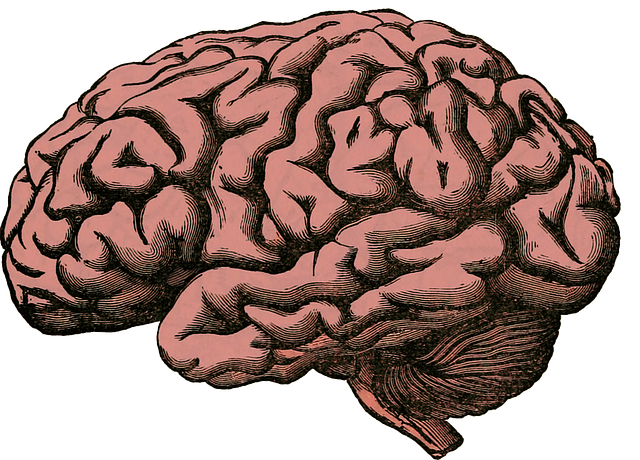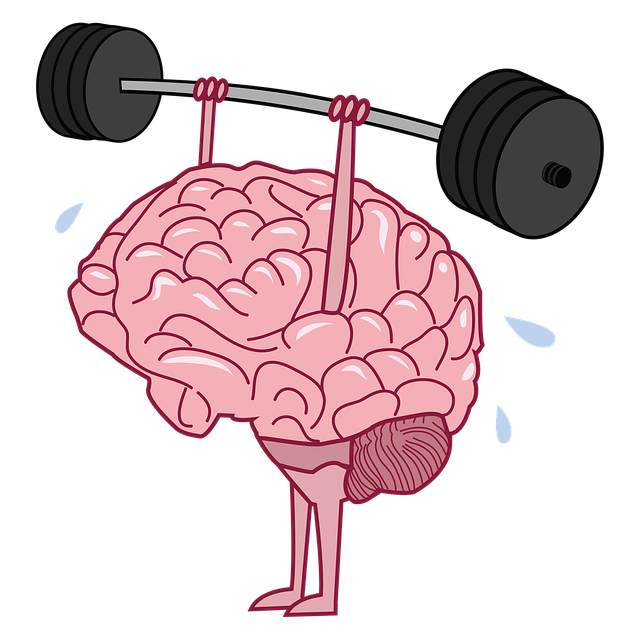Mental wellness is a holistic state crucial in today's stressful world, and understanding its community impacts is essential. For Lafayette residents with spiritual and religious issues, coaching programs focusing on coping skills development can effectively manage stress, anxiety, and depression. Integrating these initiatives fosters a supportive atmosphere, reduces stigma, and enhances access to mental health resources, contributing to a healthier society. Lafayette Spiritual-Religious Issues Therapy combines secular therapy with religious perspectives, providing holistic healing for faith-rooted issues. This approach includes Mind Over Matter principles, Social Skills Training, and Mood Management for enhanced emotional well-being. Cultural sensitivity and inclusion are vital in designing programs that cater to diverse client needs, addressing systemic barriers and historical trauma. Evaluating the success of these programs involves both quantitative (e.g., DASS questionnaires) and qualitative methods (e.g., client feedback sessions), ensuring alignment with evolving needs.
Mental wellness coaching programs have emerged as a powerful tool to foster resilience and enhance overall well-being. This article explores the development of such programs, focusing on the integration of Lafayette Spiritual-Religious Issues Therapy as a unique approach. We delve into understanding mental health’s profound impact on individuals and communities, highlighting the necessity of tailored coaching strategies.
Through key components, cultural sensitivity, and effective evaluation methods, this guide navigates the process of creating inclusive initiatives that support mental wellness.
- Understanding Mental Wellness and Its Impact on Individuals and Communities
- The Role of Lafayette Spiritual-Religious Issues Therapy in Mental Health Coaching
- Designing Effective Mental Wellness Coaching Programs: Key Components and Strategies
- Integrating Cultural Sensitivity and Inclusion in Mental Health Support Initiatives
- Measuring Success: Evaluation Methods for Mental Wellness Coaching Programs
Understanding Mental Wellness and Its Impact on Individuals and Communities

Mental wellness encompasses an individual’s emotional, psychological, and social well-being. It is a holistic state that affects every aspect of life, from relationships to productivity and overall quality of life. In today’s fast-paced world, where stress and pressure are prevalent, understanding mental wellness and its impact on both individuals and communities has become increasingly vital. Untreated mental health issues can lead to significant challenges, affecting not just the affected person but also their surroundings.
In Lafayette, for instance, where spiritual and religious issues play a significant role in people’s lives, recognizing and addressing mental wellness is crucial. The development of coaching programs that focus on coping skills development can empower individuals to manage stress, anxiety, and depression effectively. Moreover, integrating these programs within the community can foster a supportive environment, reduce stigma, and enhance access to mental health resources. This collective effort not only benefits those facing mental health struggles but also contributes to a healthier, more resilient society as a whole, reflecting the broader need for Mental Health Policy Analysis and Advocacy.
The Role of Lafayette Spiritual-Religious Issues Therapy in Mental Health Coaching

Lafayette Spiritual-Religious Issues Therapy plays a pivotal role in modern mental wellness coaching programs, offering a unique perspective that bridges the gap between spiritual and secular therapeutic approaches. This therapy type acknowledges the profound impact of religious and spiritual beliefs on an individual’s mental health and overall well-being. By integrating these aspects into coaching sessions, therapists can facilitate a more comprehensive healing process. Many individuals seek support for issues that are deeply intertwined with their faith, such as finding purpose, managing stress within a spiritual framework, or coping with life’s challenges while staying true to their religious beliefs.
In the context of mental health policy analysis and advocacy, understanding the role of Lafayette Spiritual-Religious Issues Therapy is essential. It can influence the development of public awareness campaigns that promote inclusive mental health support, ensuring that diverse communities feel represented. Moreover, this therapeutic approach contributes to resilience building, empowering individuals to navigate life’s storms while staying grounded in their spiritual beliefs, which can be a powerful tool for coping and recovery.
Designing Effective Mental Wellness Coaching Programs: Key Components and Strategies

Designing effective mental wellness coaching programs requires a multi-faceted approach that incorporates key components and strategies tailored to individual needs. At the core, Lafayette Spiritual-Religious Issues Therapy emphasizes the importance of addressing spiritual and religious aspects alongside traditional therapy methods. Integrating these dimensions can significantly enhance the effectiveness of coaching by providing clients with a deeper sense of purpose and meaning.
Furthermore, incorporating Mind Over Matter principles is vital for fostering resilience and self-regulation. Social Skills Training and Mood Management techniques are also essential components. The former equips individuals with effective communication strategies, while the latter teaches them to recognize and manage their emotional states. These strategies combined create a holistic environment that supports mental wellness, encouraging clients to cultivate positive thinking, improve interpersonal relationships, and maintain balanced moods.
Integrating Cultural Sensitivity and Inclusion in Mental Health Support Initiatives

In developing mental wellness coaching programs, integrating cultural sensitivity and inclusion is paramount to ensuring effective support for a diverse range of individuals. Recognizing that mental health experiences vary across cultures, backgrounds, and identities, coaches must be equipped to provide care that respects and embraces these differences. This involves understanding the unique spiritual-religious issues that may influence an individual’s well-being—a factor often central to Lafayette communities. By incorporating cultural competency training, coaches can learn to adapt their practices, ensuring that self-care practices and emotional well-being promotion techniques resonate with each client’s specific needs.
Mental health awareness initiatives must be inclusive, addressing the diverse experiences of individuals within a community. This includes recognizing the impact of systemic barriers and historical trauma on mental health outcomes. Coaches play a vital role in fostering safe spaces where clients feel seen, heard, and understood. By embracing cultural sensitivity, coaching programs can revolutionize mental health support, making it accessible and affirming for all, ultimately promoting mental health awareness and healing within Lafayette communities.
Measuring Success: Evaluation Methods for Mental Wellness Coaching Programs

Evaluating the success of Mental Wellness Coaching Programs is paramount to understanding their impact and effectiveness in fostering positive change. This process involves rigorous assessment methods tailored to measure progress and outcomes related to various aspects of mental health and well-being. One essential evaluation technique for these programs, particularly those addressing Lafayette Spiritual-Religious Issues Therapy, is the use of standardized questionnaires and surveys. These tools allow for quantitative analysis by assessing changes in symptoms, coping strategies, and overall life satisfaction before and after coaching interventions. For instance, measures like the Depression Anxiety Stress Scales (DASS) can gauge reductions in anxiety and depressive symptoms, while scales focusing on mindfulness meditation practice and coping skills development provide insights into specific behavioral changes.
Additionally, qualitative methods such as client feedback sessions and semi-structured interviews offer deeper perspectives on participants’ journeys. These techniques enable in-depth exploration of personal growth, the impact of coaching on daily life, and any challenges faced during the program. By combining quantitative and qualitative data, mental wellness coaching programs can comprehensively assess their success, identify areas for improvement, and ensure they align with the evolving needs of individuals seeking support for their spiritual-religious issues therapy and overall mental wellness.
Mental wellness coaching programs, enriched by strategies drawn from Lafayette Spiritual-Religious Issues Therapy and incorporating cultural sensitivity, are transforming support initiatives. By focusing on key components like individualized goal setting, evidence-based practices, and adaptive communication, these programs effectively address the unique needs of diverse communities. Successful implementation, measured through rigorous evaluation methods, ensures that mental wellness coaching becomes a powerful tool for enhancing individual well-being and fostering resilient, inclusive communities.














